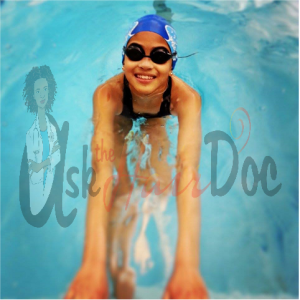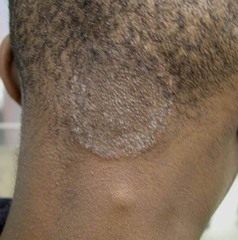
Hey Doc, need some help. How do u differentiate between dry scalp and dandruff, and what’s the treatment for each? What causes or aggravates them? Pls help.

A completely dry scalp i.e. where there is no oil and the skin cracked is actually not common. There are persons who have genetic and other unusual skin disorders where all of their skin including their scalp is dry. What people often refer to as “dry scalp” is actually dandruff. A flaky scalp does not necessarily mean it is dry. There are also other conditions that can result in a flaky scalp: psoriasis, discoid lupus and other scarring type hair loss.
For most persons they are experiencing seborrhoeic dermatitis which most often refer to as dandruff. Seborrhoeic dermatitis is caused by inflammation of the scalp caused by a fungus that lives on the scalp that feeds on the sebum that our scalp hairs produce. The scalp produces a lot of sebum even more than the face. Your hair type which is excessively curly does not make you be aware of it. For other races with straighter hair it is quite obvious how oily their hair can get. You actually do not need to oil the scalp ever.
The number one thing to alleviate dandruff is to wash your hair often. Do not go a week without washing your hair. You will see a difference in how your scalp reacts. Antifungal shampoos used directly on the scalp can be helpful. Ketoconazole, Selenium sulfide, Zinc Pyrithione II, and Tea tree oil containing shampoos are helpful. Leave them on for ten minutes. Rinse then wash your hair with the regular shampoo afterwards.
About
Dr. Llorenia Muir-Green is a practising dermatologist in Jamaica. She has an avid interest in hair and scalp disorders. She is a member of the Medical Association of Jamaica, Dermatology Association of Jamaica and is an Associate Member of the Caribbean Dermatology Association. She was a recipient of the 2013 Fellowship in Hair and Scalp Disorders at the University of British Columbia.
Have a question you would like to be answered? Send in your question to ask@askthehairdoc.com. Remember to follow me on Facebook, Twitter, Instagram and Google Plus.

